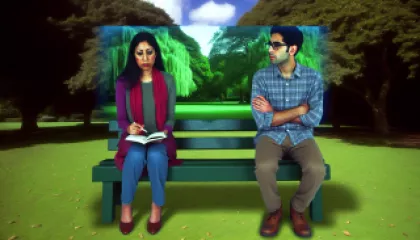How Can You Express Your Feelings More Effectively?
1 year ago
Expressing Feelings Effectively
Expressing feelings effectively is a crucial skill that often goes overlooked. We all experience a wide range of emotions, but not everyone knows how to communicate these feelings properly. This can lead to misunderstandings, strained relationships, and internal stress. So, how can you express your feelings more effectively? Let's explore some practical strategies.
Mastering the Mind: The Ultimate Guide to Understanding Superstitions in Psychology
1 year ago
Psychology Behind Superstitions
Superstitions, those seemingly irrational beliefs in supernatural influences affecting our lives, are a fascinating part of human psychology. From avoiding walking under ladders to throwing salt over one's shoulder, superstitions vary widely across cultures yet share common psychological roots. This guide will delve into the psychology behind these beliefs, offering insights into why we hold onto them and how they affect our behavior.
Step-by-Step Guide to Managing Toxic Relationships
1 year ago
Managing Toxic Relationships
Managing toxic relationships can be a challenging and daunting task. However, with the right strategies and tools, it's possible to navigate this terrain successfully. This step-by-step guide is designed to help you identify toxic relationships, understand their impact, and effectively manage them.



